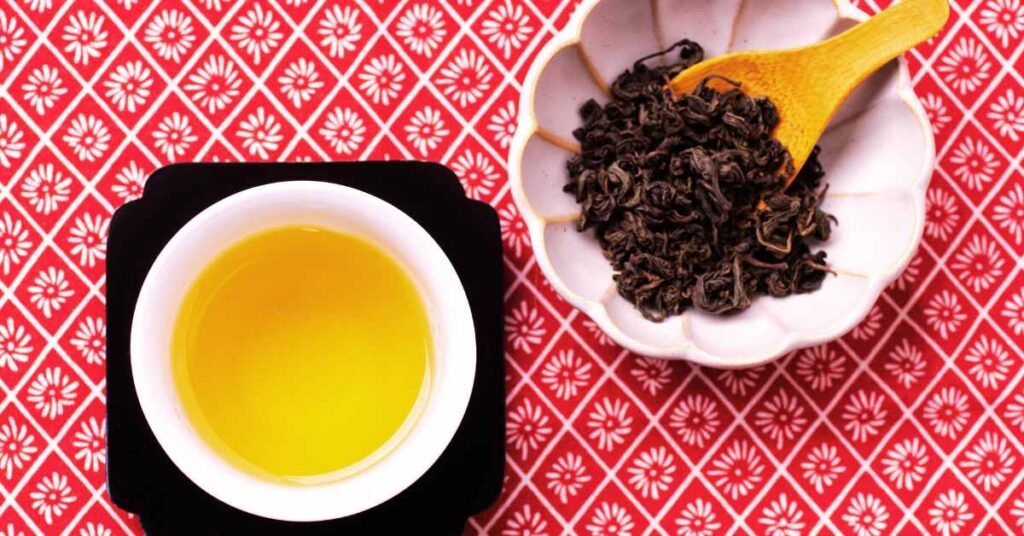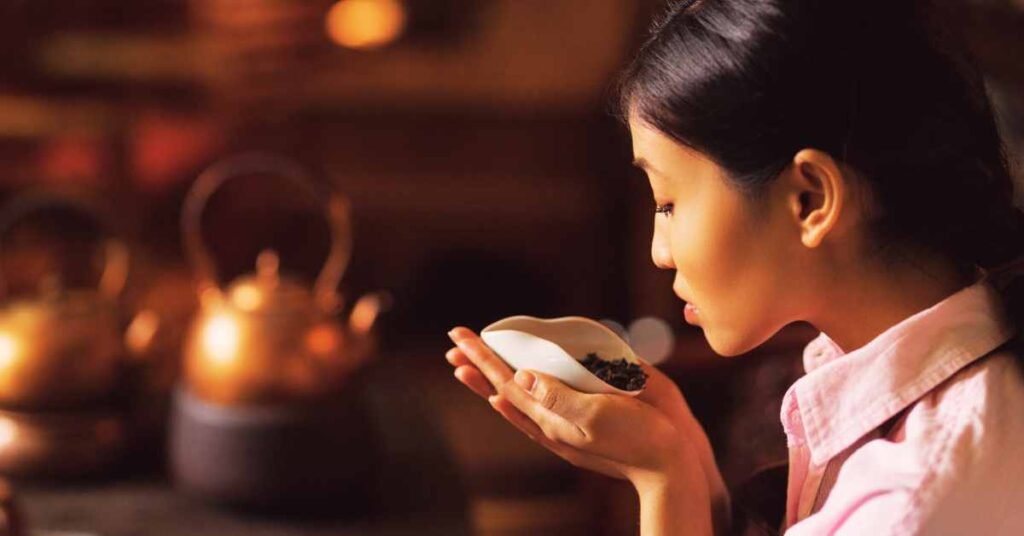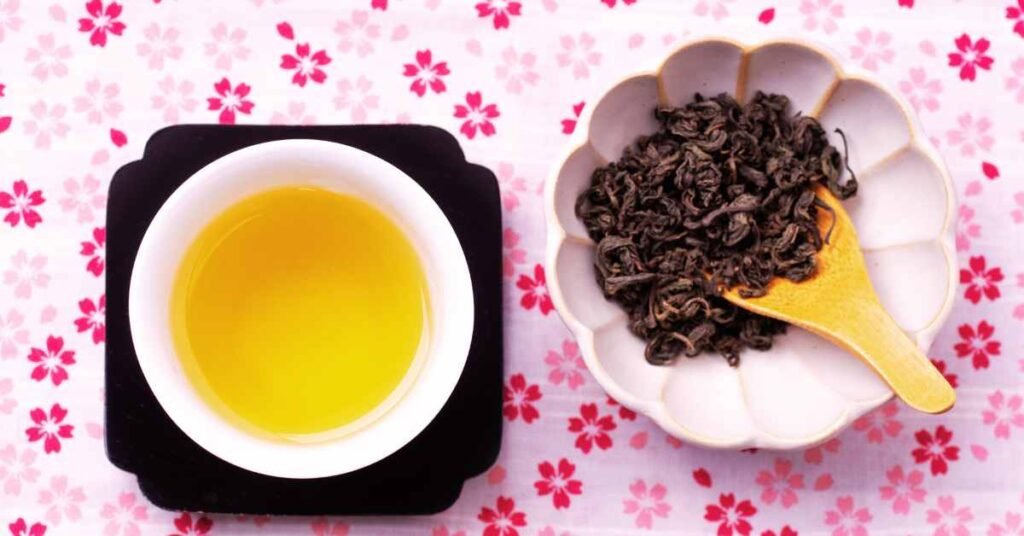Amacha tea, also known as “sweet tea,” holds a unique place in the rich tapestry of Japanese tea culture.
Derived from the leaves of the Hydrangea macrophylla plant, Amacha stands out as a caffeine-free, naturally sweet beverage with a centuries-old history.
This article delves into the origins, production process, cultural significance, and health benefits of Amacha tea, exploring how this sweet elixir has captivated tea enthusiasts around the world.
Origins and History

The roots of Amacha tea trace back to Japan’s Buddhist tradition, specifically the Tendai and Shingon sects.
Monks in these sects would make a sweet beverage from the leaves of the Hydrangea macrophylla plant during the annual celebration known as the “Hōyōe” ceremony.
This ritual, aimed at appeasing hungry spirits, involved offering Amacha tea to the deceased as a gesture of compassion.
The Hōyōe ceremony has been observed for over 1,200 years, and Amacha tea has evolved into a symbol of purity, compassion, and respect for nature.
The plant itself, also known as “ama-cha” in Japanese, translates to “sweet tea,” reflecting the inherent sweetness derived from the leaves.
Production Process
Amacha tea is distinct not only for its sweet flavor but also for the meticulous process involved in its production.
The leaves used to make Amacha come from the young buds of the Hydrangea macrophylla plant, which is native to Japan and other East Asian countries.
The production process begins in late spring or early summer when the plant’s buds are at their freshest.
Harvesters carefully pluck the young leaves and buds, ensuring that only the best parts are selected for tea production.
The leaves are then left to wither and naturally dry under the shade, a crucial step that enhances the sweetness and reduces bitterness.
Once dried, the leaves are brewed to make the tea. Boiling the leaves releases the natural sweetness, creating a flavorful infusion that requires no additional sweeteners.
The resulting tea is not only delicious but also carries the essence of the plant’s symbolic significance in Buddhist traditions.
Cultural Significance

Amacha tea is deeply embedded in Japanese culture and is especially associated with religious ceremonies.
Beyond the Hōyōe ceremony, Amacha is often served during memorial services and other Buddhist rituals as a gesture of offering sweetness to the spirits of the departed.
In addition to its religious connections, Amacha has found a place in daily life as a refreshing beverage.
It is often enjoyed during the scorching summer months for its naturally cooling properties.
The tea’s sweetness without added sugars makes it a popular choice for those seeking a healthier alternative to conventional sweetened beverages.
Furthermore, Amacha has become a symbol of sustainability and respect for nature.
The plant used for Amacha tea is abundant in the wild, and its cultivation is carried out in an eco-friendly manner, emphasizing harmony with the environment.
Health Benefits
Apart from its cultural significance, Amacha tea boasts a range of health benefits.
As a caffeine-free beverage, it is suitable for individuals looking to reduce their caffeine intake or those sensitive to its effects.
The tea is rich in antioxidants, which play a vital role in neutralizing free radicals and supporting overall health.
The natural sweetness of Amacha comes from a compound called phyllodulcin, which is significantly sweeter than sugar but does not contribute to calories or affect blood sugar levels.
This makes Amacha an excellent choice for those managing diabetes or simply aiming to reduce their sugar consumption.
Additionally, Amacha is believed to have anti-inflammatory properties, contributing to improved immune function.
The tea is also thought to have a calming effect on the nervous system, making it a popular choice for relaxation and stress relief.
Amacha Beyond Japan

In recent years, Amacha tea has gained attention beyond the borders of Japan, finding its way into international markets.
With an increasing global interest in unique and traditional teas, Amacha has become a sought-after beverage for tea enthusiasts and health-conscious consumers alike.
The tea’s cultural roots and rich history add to its allure, making it a fascinating addition to the diverse world of tea.
As more people discover the subtle sweetness and health benefits of Amacha, it continues to transcend its traditional role in Buddhist ceremonies, becoming a cherished beverage for a broader audience.
Final Word
Amacha tea stands as a testament to the intertwining of tradition, culture, and nature in Japan.
With its origins deeply rooted in Buddhist ceremonies, this sweet elixir has not only retained its cultural significance but has also made a mark on the global stage.
The meticulous production process, cultural rituals, and health benefits associated with Amacha contribute to its uniqueness and appeal.
As more individuals explore the world of specialty teas, Amacha remains a captivating and meaningful choice, inviting tea enthusiasts to savor its sweet essence while embracing the centuries-old wisdom that accompanies each sip.
MEDICAL DISCLAIMER
Itsnevernotteatime.com cannot and does not contain medical/health advice. The medical/health information is provided for general and educational purposes only and is not a substitute for professional advice.




